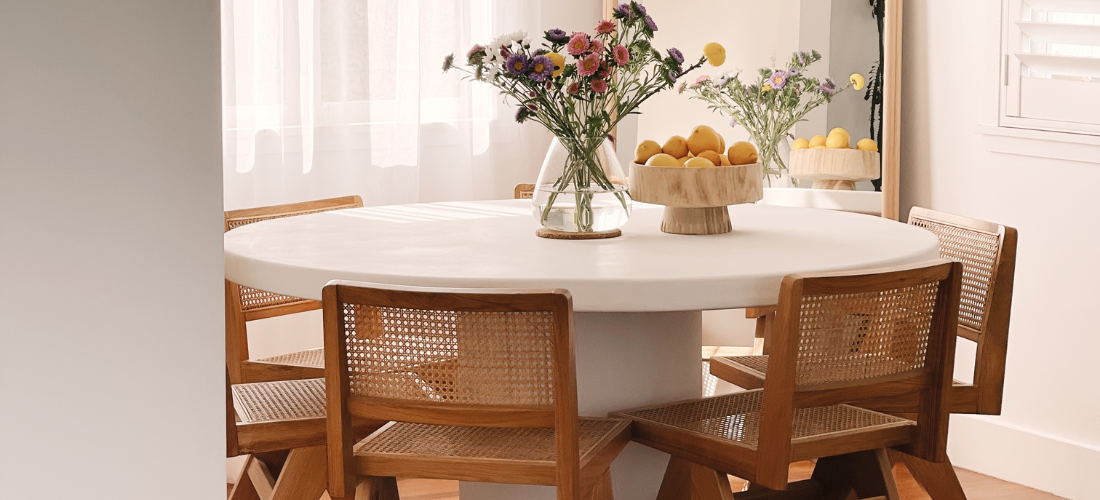
How does home loan equity work?
What is equity?
How much of your home loan have you already paid off? Over a number of years, the amount really starts to add up, but if you don’t check your monthly account statements you won’t know how much value you have in your home. That amount is equity.
Home equity is the difference between your property’s value and the amount you still owe on it. Equity builds as you continue to pay down your loan and also if the value of your home increases.
How does equity work?
Repaying your home loan builds equity, no matter how slowly you do it. If you pay off $20,000 a year, for example, over five years you’ll increase the equity of your home by $100,000 – however, that’s only if the value of your property remains constant. So while you’re paying off your home loan, your property could also be gaining value.
Property equity works in your favour, but only if you know what to do with it. Savvy investors can use equity to build a property portfolio and start the journey towards being a full-time property investor.
How much equity do I have in my home?
In order to find out how much equity you have, check your monthly home loan account statement to see exactly what you’ve paid off, and the amount remaining on the loan. For an accurate idea of what your property is worth, your council valuation should be readily available.
Find your equity by minusing the amount you owe on the home from its value. Once you know how much equity you have, you can start to strategise about how best to use it.
How can I build home equity?
There are two ways you can grow the equity in your home. As equity is increased by paying down your loan, you could consider adjusting your repayment frequency.
Provided you are not on a fixed rate term, switching from monthly to fortnightly payments is a viable option. Or, if you receive a large sum of money (such as a Christmas bonus or tax refund), you can put those funds towards paying down your home loan.
Another option is to consider linking your home loan to a an offset account. With an offset account, the more money you have linked, the less interest you’ll need to pay on your loan.
The second way to build equity is to increase the value of your property. This may happen automatically over the years, but undertaking renovations and making improvements to your property is also a potential key to building further equity.
Are there any repairs needed? Do you have room for an expansion such as a granny flat or a pool? Even upgrading fixtures like doors and windows or replacing the carpet can make a big difference. Not sure where to start? Check out our tips for building equity with value-adding renovations.
How does equity work when buying a second home?
When you took out your first home loan, you would have saved for a deposit, and the total amount determined how much you could borrow. Equity works in the same way – you can use it as your deposit for your next home loan.
Rather than saving up for years again, while trying to keep up with existing home loan repayments, you can access a deposit almost instantly to take out a second home loan.
With that approved, you can buy an investment property and, if you do your research, buy something with a rental repayment that will cover the cost of your second home loan. You can also use our loan repayments calculator to get an estimate on what your repayments could look like.
You don’t have to wait years to buy a second home while the values rise even further, making it harder to get into the right property. The equity is already available to use, and while there are some extra costs of owning an investment home like property and landlord insurance, council rates, land tax and property management fees, once that home loan is paid off you could sell for a profit.
Alternatively, after a few years of paying off the second home loan with rent payments from the tenants, you could use that equity to buy another property.
Are there risks to using equity as a deposit?
It’s important to consider that the property you’re accessing equity from will become additional security for your second home loan. Before deciding to use your equity, take the opportunity to do a health check on your financial situation and existing loan.
The more money you borrow against the value of your home, the higher your repayments may be. Plus, if you are looking to access over 80 per cent of your home’s value, you will need to pay Lender’s Mortgage Insurance.
Assess whether you will be able to meet your repayment requirements, keeping both of these factors in mind. As with any investment, seeking financial advice before making a decision is a worthwhile exercise. Once you’ve weighed up the pros and cons, we can help you access your equity.
Want to know more?
If you’ve been wanting to expand your investments but never knew how to go about it, using equity to buy property could be the solution. You may already have enough in your current home to make a move, so get in touch today to find out more.


